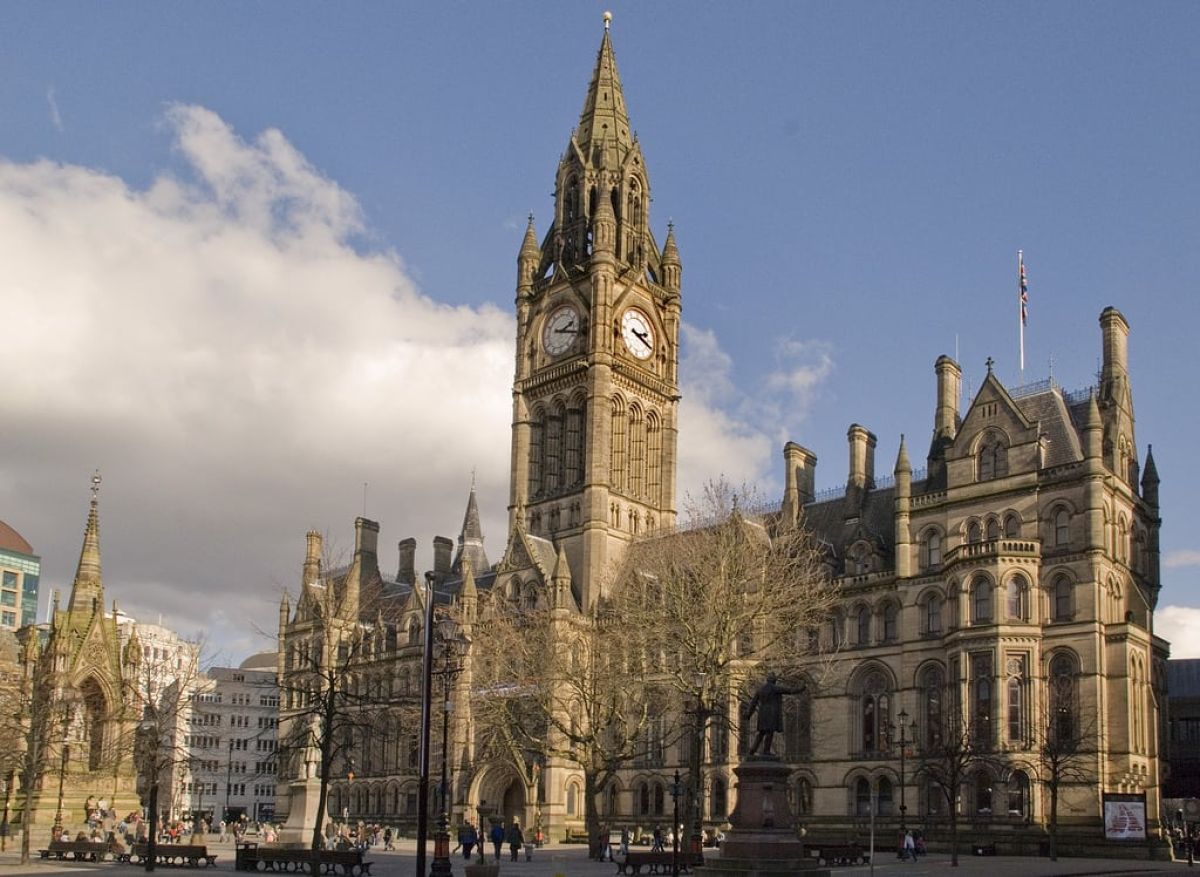Austerity prevents Manchester from becoming Northern Powerhouse
By Emily Broncz

An independent prosperity review carried out by Cambridge professor, Diane Coyle, has highlighted that regional inequality and a lack of productivity have been holding Manchester back, despite the city offering “world-class strengths”.
The report detailed that Greater Manchester’s role in health innovation and research into graphene have earned the city a fantastic reputation. Followed by the city’s ever-growing strengths in manufacturing, digital and creative industries, and professional services.
Despite this, several improvements were outlined by the panel, who concluded that more needed to be done to drive down levels of social inequality, to improve wage growth, and increase productivity. The areas of retail and social care were flagged up as two sectors which see high employment but suffer from low productivity.
Spending cuts over the last decade have seen Manchester City Council withdraw a total of £372m in funding from services across the region.
Since 2010, some areas within Manchester have faced colossal slashes to budgets, with Tameside cutting 90% of its funding from its youth services budget. As a consequence, vital facilities such as youth centres and libraries have been closed, leaving some areas bereft of any community spaces.
The cuts have created a plethora of issues for Mancunians, most notably the homelessness crisis, exaggerated by a continued lack of funding to its respective budget.
Manchester City Council is currently having to rely on reserves in order to fund resources. This, however, is set to change, with a government spokesman declaring that over the next two years, Manchester will have access to £876m in funding.
Addressing Coyle’s report, Mayor of Greater Manchester, Andy Burnham seemed positive about the prospect of investment into the city: “We are now working with the government to develop an ambitious Local Industrial Strategy which will respond to many of these issues and allow us to provide that extra strength to the UK’s economy.”
Burnham also reassured residents of the city that the “Northern Powerhouse” is a vision that can still be delivered but would require the council to “continue to work closely with ministers to do so.”
The report defined a number of steps which would help boost productivity in the city-region. There were demands for an increase in programmes to help improve health in addition to better transport links and employment standards.
Professor Diane Coyle claimed that: “Productivity has an impact not just on the economy, but on people’s quality of life.” Speaking further on the issue, Coyle also stated that further devolution of powers was needed immediately to “deliver sustained improvements in living standards for the people of Greater Manchester.”
The findings have been published a decade on from the Manchester Independent Economic Review, which alluded to the fact that Manchester had been “punching below its weight” compared to similar international cities. Although, recently collected evidence would suggest that improvements have been to the city, the core conclusion still dominates.







